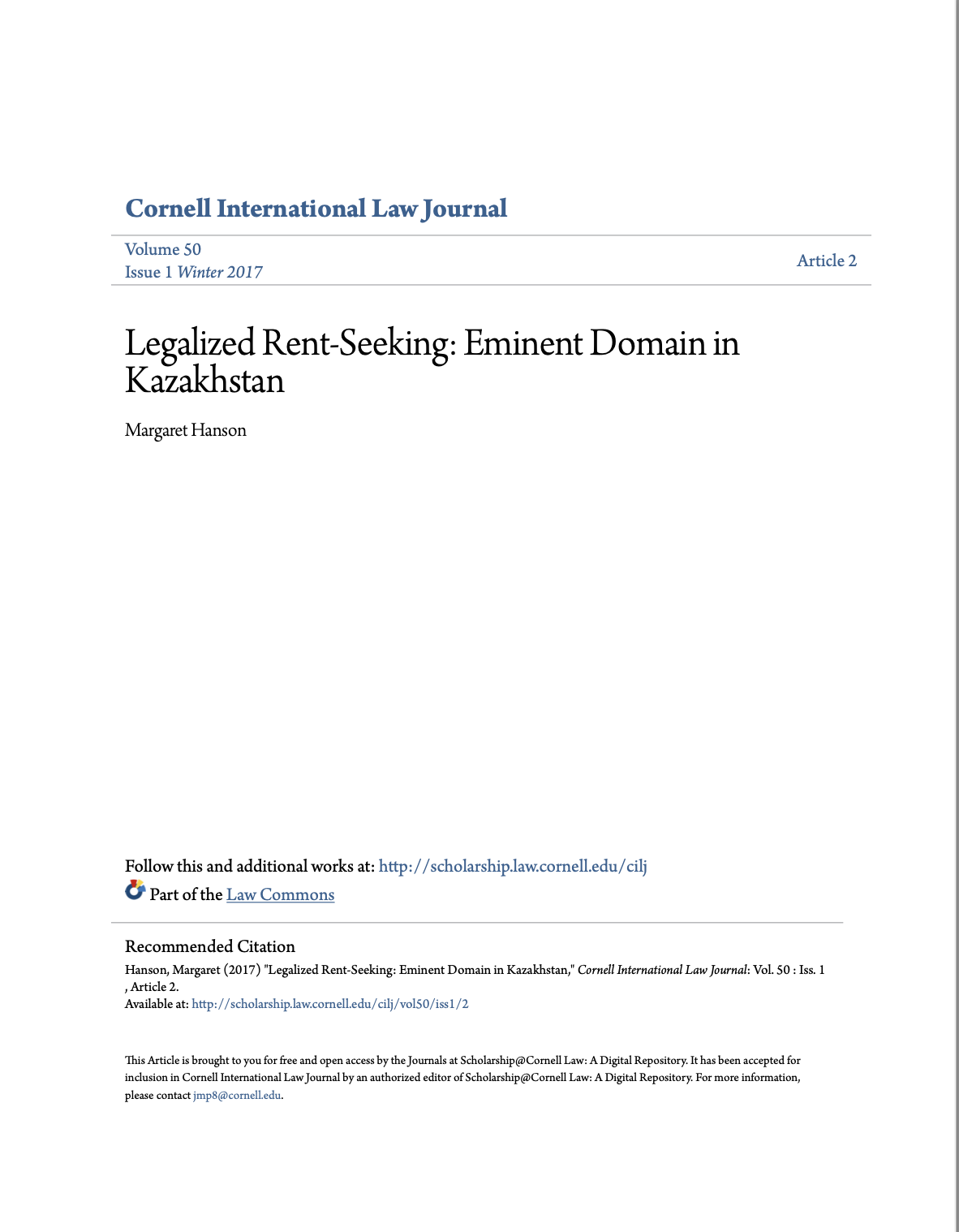Location
Our mission is to increase openness, integrity, and reproducibility of research.
These are core values of scholarship and practicing them is presumed to increase the efficiency of acquiring knowledge.
For COS to achieve our mission, we must drive change in the culture and incentives that drive researchers’ behavior, the infrastructure that supports their research, and the business models that dominate scholarly communication.
This culture change requires simultaneous movement by funders, institutions, researchers, and service providers across national and disciplinary boundaries. Despite this, the vision is achievable because openness, integrity, and reproducibility are shared values, the technological capacity is available, and alternative sustainable business models exist.
COS's philosophy and motivation is summarized in its strategic plan and in scholarly articles outlining a vision of scientific utopia for research communication and research practices.
Because of our generous funders and outstanding partners, we are able to produce entirely free and open-source products and services. Use the header above to explore the team, services, and communities that make COS possible and productive.
Members:
Resources
Displaying 76 - 80 of 447Legalized Rent-Seeking: Eminent Domain in Kazakhstan
Cornell International Law Journal: Vol. 50 : No. 1 , Article 2 Kazakhstan ranks consistently low on measures of property rights protection and the rule of law more generally.1 Echoing these evaluations, existing literature emphasizes the degree to which informal institutions shape property relations in personalist, authoritarian regimes, like Kazakhstan. The expectation is that formal institutions like law and courts fail to restrain or otherwise influence state agents’ rent-seeking behavior. In effect, they serve primarily as ornamentation.
A Market Approach to Sustainable Land Management
Land Economics/Use,
LARGE SCALE LAND INVESTMENTS AND FORESTS IN AFRICA
Recent years have witnessed an increasing interest in land-based investments for food, feed, fuel and fiber, driven by volatility in commodity prices, economic growth of emerging economies, policy drivers of biofuel demand and investor strategies in the wake of the global economic crisis. This has led to a surge of foreign and local investments in developing countries, where land can be obtained at lower cost, and has led to fears of land grabbing.
A probabilistic graphical model approach in 30 m land cover mapping with multiple data sources
There is a trend to acquire high accuracy land-cover maps using multi-source classification methods, most of which are based on data fusion, especially pixel- or feature-level fusions. A probabilistic graphical model (PGM) approach is proposed in this research for 30 m resolution land-cover mapping with multi-temporal Landsat and MODerate Resolution Imaging Spectroradiometer (MODIS) data. Independent classifiers were applied to two single-date Landsat 8 scenes and the MODIS time-series data, respectively, for probability estimation. A PGM was created for each pixel in Landsat 8 data.
Environmental and Gender Impacts of Land Tenure Regularization in Africa
Rural Development - Rural Land Policies for Poverty Reduction Gender - Gender and Law Communities and Human Settlements - Land Administration Communities and Human Settlements - Land Use and Policies Private Sector Development - Land and Real Estate Development Rural Development - Common Property Resource Development



